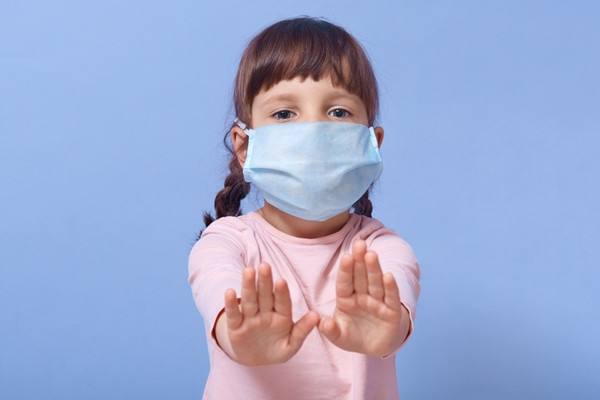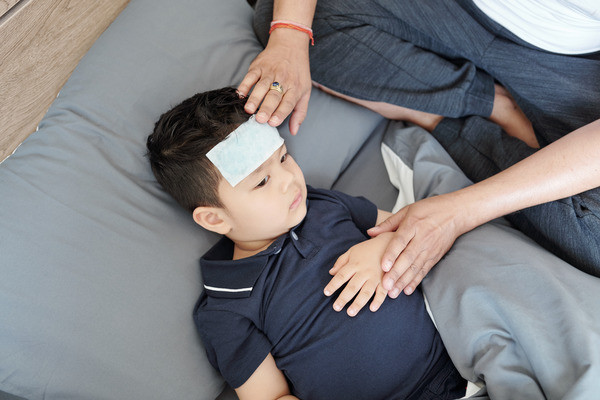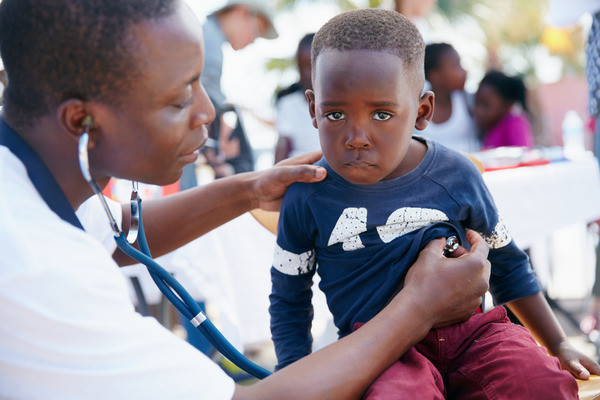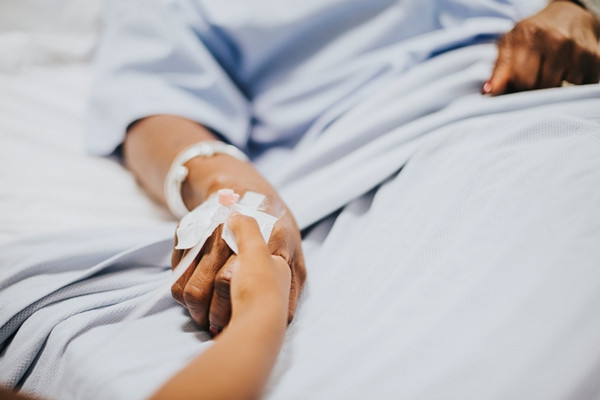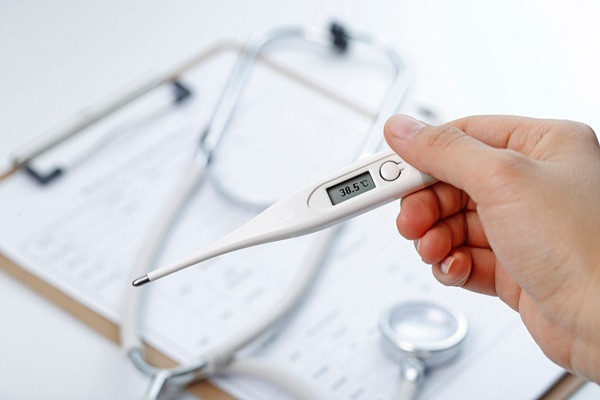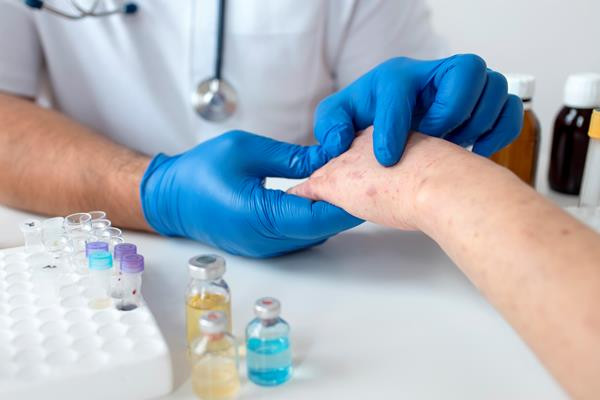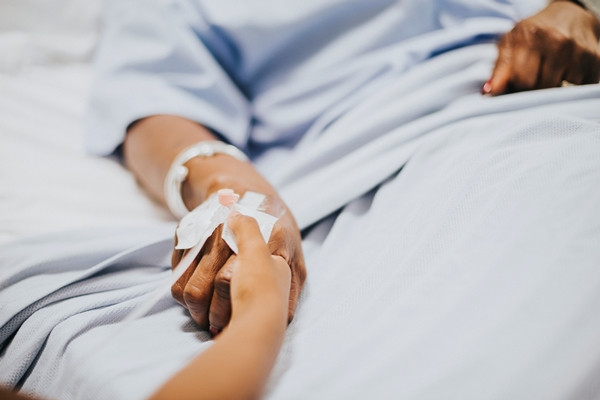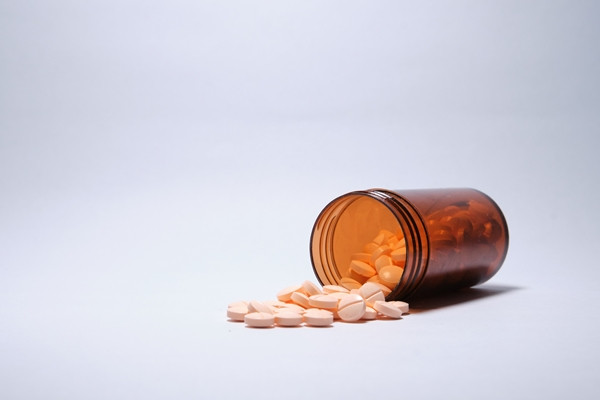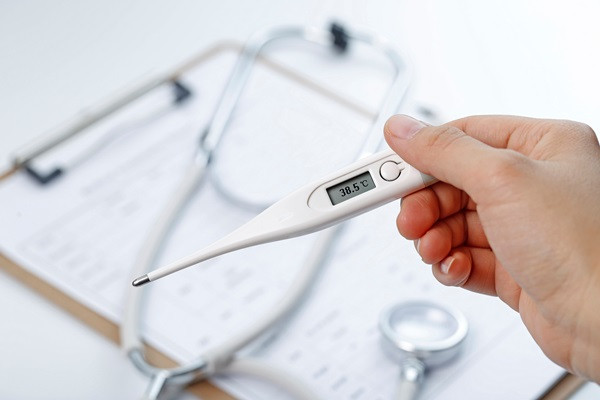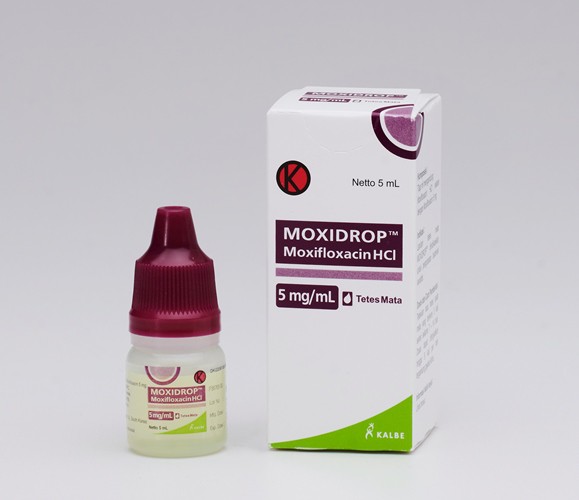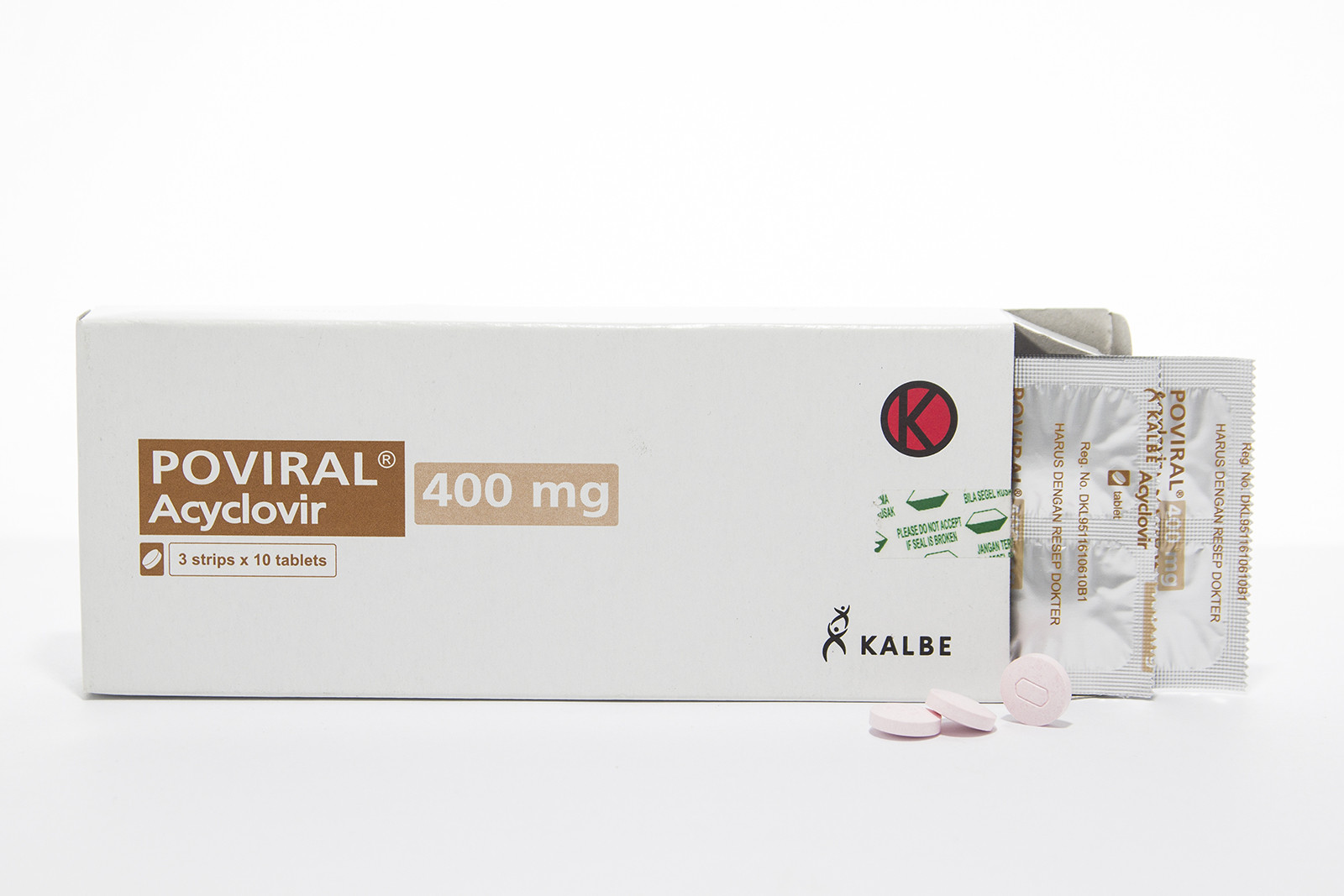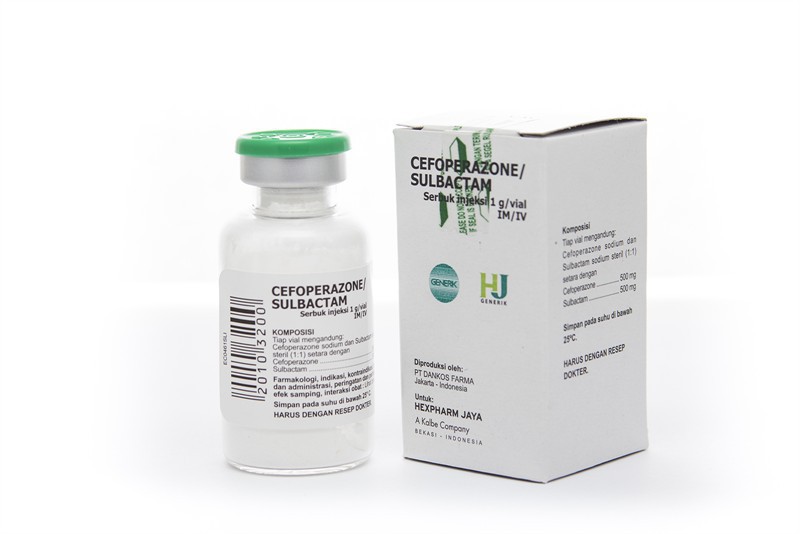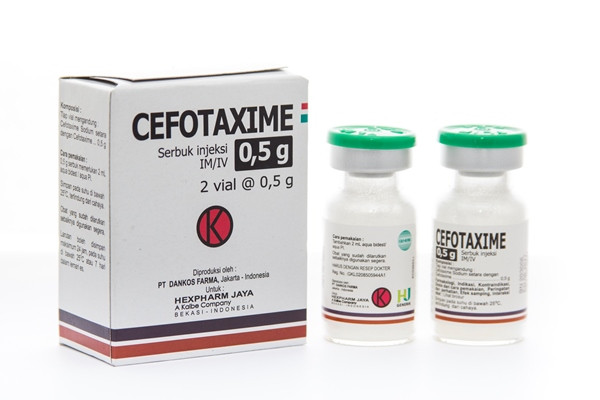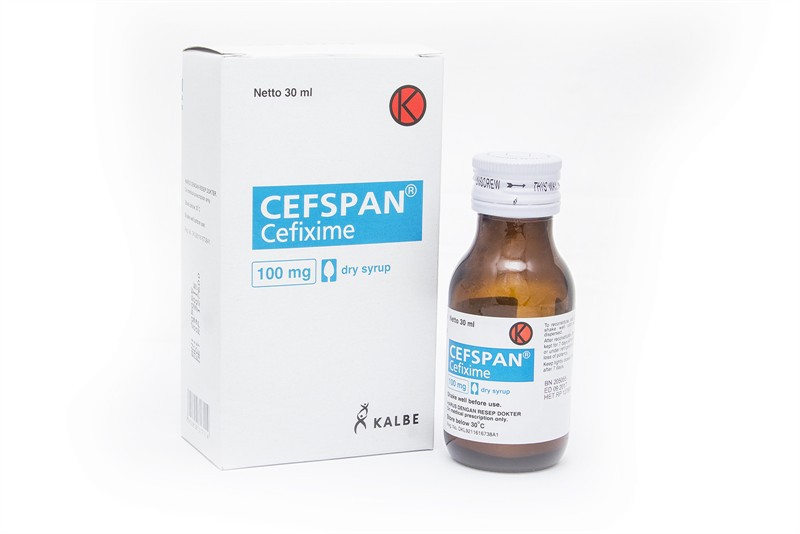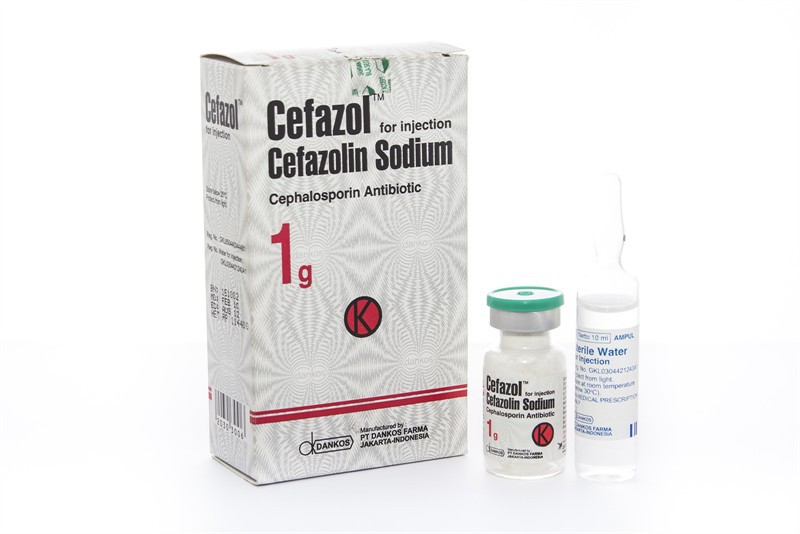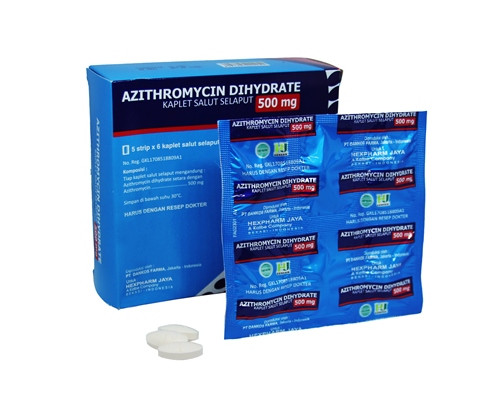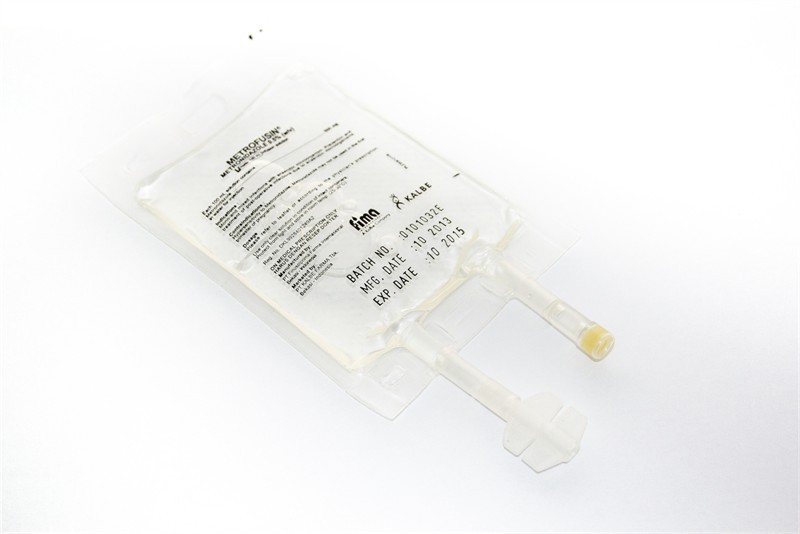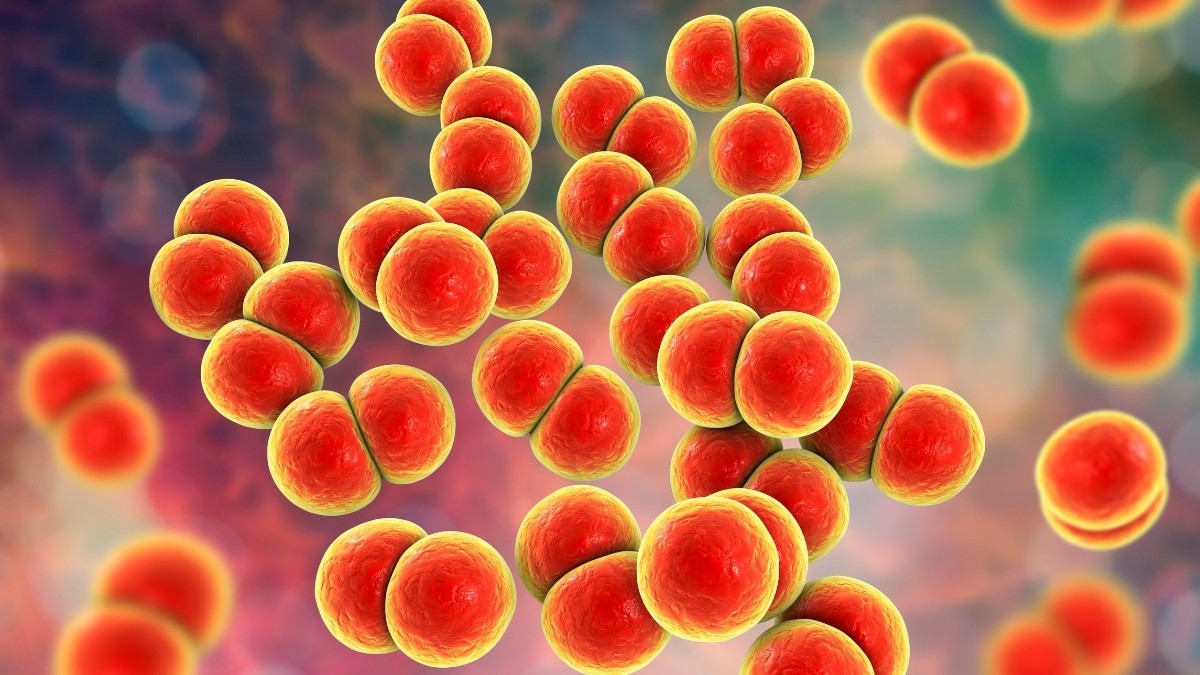
Neisseria gonorrhoeae is an important cause of sexually transmitted infections that can have severe reproductive health consequences. N. gonorrhoeae can rapidly develop antibiotic resistance. The following are recommendations for the management of Neisseria gonorrhoeae, based on the CDC in 2020:
Antibiotic regimen for uncomplicated cervical, urethral, or rectal gonorrhea:
Ceftriaxone IM single dose
- Weight <150 kg: 500 mg
- Weight 150 kg: 1 g
- If chlamydial infection has not been ruled out, doxycycline should be given 2x100 mg/day PO for 7 days. During pregnancy, a single dose of azithromycin 1 g is recommended to treat chlamydia.
Alternative regimens for uncomplicated cervical, urethral, or rectal gonorrhea if ceftriaxone is not available:
- Gentamicin 240 mg IM single dose plus azithromycin 2 g PO single dose OR
- Cefixime 800 mg PO single dose. If treated with cefixime, and chlamydia infection has not been ruled out, should be given doxycycline 2x100 mg/day PO for 7 days. During pregnancy, a single dose of azithromycin 1 g is recommended to treat chlamydia.
Antibiotic regimen for uncomplicated pharyngeal gonorrhea:
Ceftriaxone IM single dose
- Weight <150 kg: 500 mg
- Weight 150 kg: 1 g
- If there is chlamydial co-infection, doxycycline 100 mg/day PO for 7 days should be given. During pregnancy, a single dose of azithromycin 1 g is recommended to treat chlamydia.
- There are no reliable alternatives for pharyngeal gonorrhea. For people with a history of beta-lactam allergy, a thorough assessment of the reaction is recommended.
- For persons with anaphylaxis or other severe reaction conditions (eg, Stevens Johnson syndrome) to ceftriaxone, consult an infection specialist for recommendations for alternative treatment.
Image: Illustration (source:https://www.klikdokter.com/info-sehat/reproduksi/gonorrhoeae)
References:
St Cyr S, Barbee L, Workowski KA, Bachmann LH, Pham C, Schlanger K, et al. Update to CDC's treatment guidelines for gonococcal infection, 2020. MMWR Morb Mortal Wkly Rep. 2020;69(50):1911-6.

